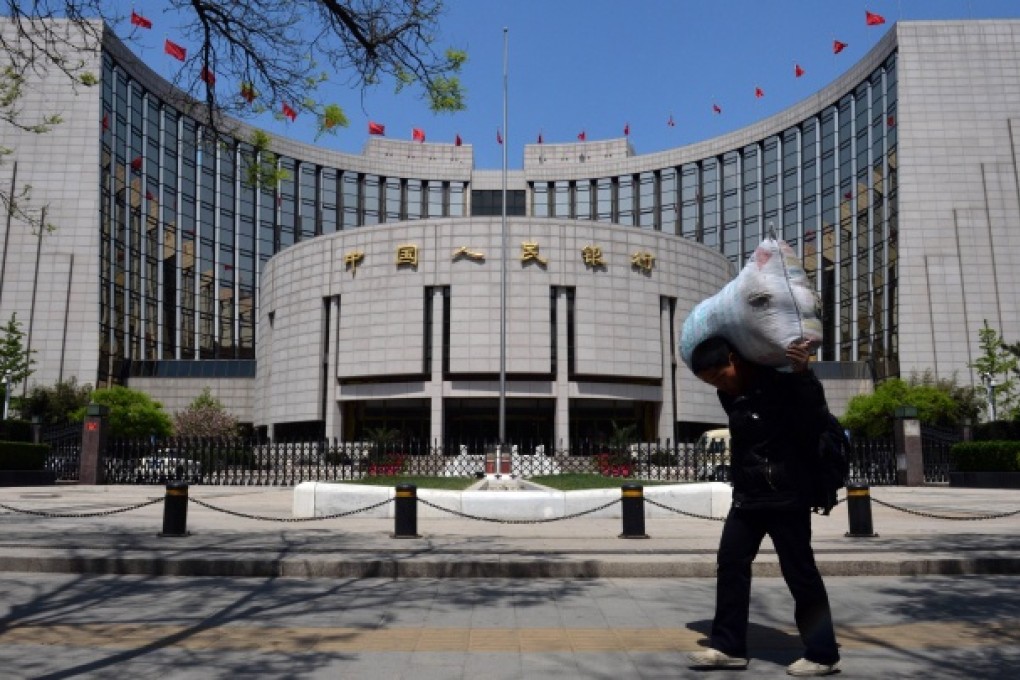Opinion | China must not overreact to slower growth numbers
Hu Shuli calls on the government to keep faith in its goal to restructure the economy and transform the growth model, focusing on reform

China's economy is facing tough times. Gross domestic product grew by 7.7 per cent year-on-year in the first quarter of this year, worse than expected and lower than the 7.9 per cent growth recorded in the fourth quarter of 2012. No doubt local companies are feeling the bite. What are we to make of this sputtering economic recovery from the global financial crisis?
Policymakers appeared to have dialled down their expectations. Responding to the first-quarter figures, the State Council noted that the economy as a whole was stable and growing, and indicators such as the pace of growth and job creation were also acceptable. This was sound judgment.
Yet the anxiety in some government quarters is palpable. The State-owned Assets Supervision and Administration Commission (Sasac) has created a task force to "protect economic growth", which promptly ordered state-owned companies to live up to their "economic and political" responsibility of ensuring growth. There was a sense of crisis not felt since the early days of the financial crisis.
The pressure on officials is understandable, but they must not overreact.
To understand why growth is slowing, officials must see the bigger picture of China's long-term development. They must understand the differences between structural and cyclical problems, as well as the factors that foster stability and those that add risk. This will ensure policies are useful and relevant.
The economic fluctuations of recent years have convinced many in government and business that an overheated economy is better than a stagnating one, even if it comes at the cost of increased volatility. Politics plays a part, too. But whatever the reasons for such thinking, it should be clear that the economy cannot continue to grow at the breakneck pace of the past 30 years. China is in transition towards a medium-growth economy.
We should not be unduly worried. China's economy is huge and it will continue to grow, albeit at a slower pace. And with population demographics changing, there will be no shortage of jobs. Further, the change in the economic structure - services are set to be the next growth driver - will spur job creation, as experience elsewhere shows.
